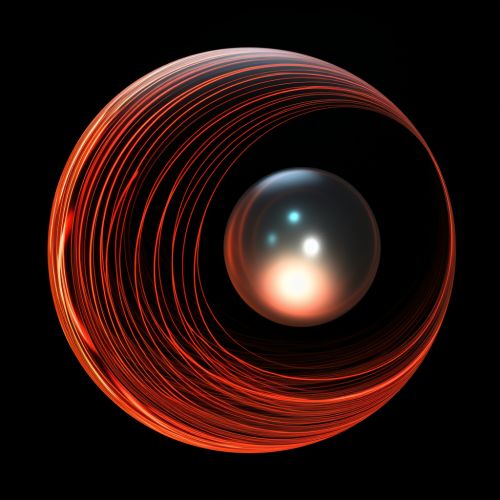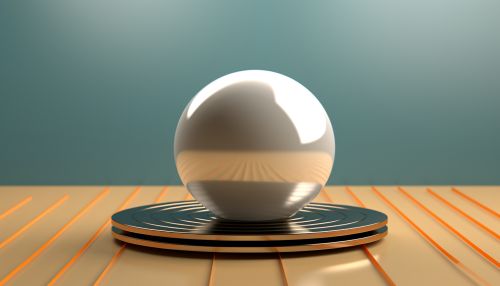Qubits
Introduction
A quantum computer is a type of computer that uses quantum mechanics to perform computations. The basic unit of quantum information is the qubit, a term that is a portmanteau of "quantum bit". Unlike classical bits, which can be either a 0 or a 1, qubits can be both 0 and 1 at the same time, thanks to a property of quantum mechanics known as superposition.


Properties of Qubits
Qubits have several unique properties that distinguish them from classical bits. These properties are the result of two fundamental principles of quantum mechanics: superposition and entanglement.
Superposition
Superposition allows a qubit to be in a state where it is both 0 and 1 at the same time. More specifically, a qubit can be in any proportion of states 0 and 1. This is often represented as a point on a sphere known as the Bloch sphere. The north and south poles of the sphere represent the 0 and 1 states of a classical bit, and any point inside the sphere represents the state of a qubit.
Entanglement
Entanglement is another quantum property that qubits can exhibit. When qubits are entangled, the state of one qubit is directly related to the state of another, no matter how far apart they are. This means that a change in the state of one qubit will instantaneously change the state of the other, a phenomenon that Albert Einstein famously referred to as "spooky action at a distance".
Qubits in Quantum Computing
In a quantum computer, qubits are used to carry out computations. Due to their ability to be in multiple states at once, qubits can process a vast number of possibilities simultaneously. This parallelism allows quantum computers to solve certain types of problems much more quickly than classical computers.
Quantum Gates
Just as classical computers use gates to perform operations on bits, quantum computers use quantum gates to perform operations on qubits. However, unlike classical gates, quantum gates are reversible and can perform operations on superpositions of states.
Quantum Error Correction
One of the major challenges in quantum computing is dealing with errors. Due to the delicate nature of quantum states, qubits are highly susceptible to errors from environmental noise. Quantum error correction techniques are used to detect and correct these errors without disturbing the quantum state.
Future of Qubits
The development of stable, error-free qubits is one of the key challenges in the field of quantum computing. Current research is focused on finding ways to improve the coherence time of qubits and to scale up the number of qubits in a quantum computer.
